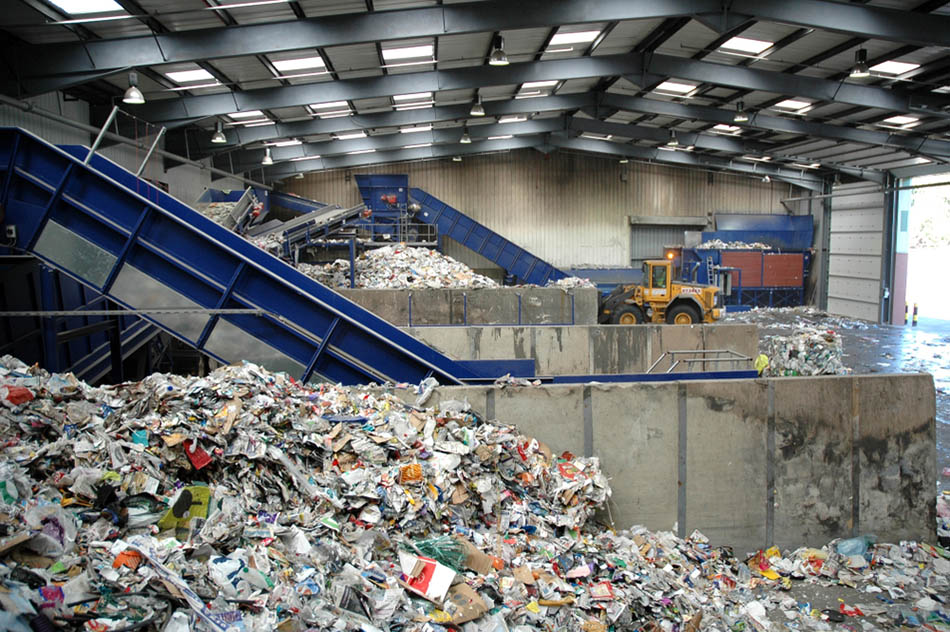
An ISRI commissioned study found that the U.S. recycling industry directly or indirectly supports nearly 532,000 jobs. | priscilla list/Shutterstock
A recently released study estimates the U.S. recycling industry will have a nearly $110 billion economic impact this year. That’s about 6% lower than the number from two years ago.
The study commissioned by the Institute of Scrap Recycling Industries (ISRI) found that the industry directly and indirectly supports nearly 532,000 jobs, over $33 billion in wages, and nearly $110 billion in total economic impacts. The analysis was provided by John Dunham and Associates, which provided the same research in 2017.
Compared to the 2017 review, this year’s jobs number is down 0.6%, the wages are down 2.5% and the total economic impact was down 6.1% (from around $117 billion in 2017). The U.S. recycling market has seen unprecedented market challenges over the past two years, tied to China’s National Sword import policy that was implemented at the start of 2018.
The ISRI study, which is conducted every two years, includes private recycling companies handling the following types of scrap: metals, plastics, rubber, paper, textiles, glass and electronics.
While the 2019 total impact number does represent a decline from 2017, it is up 3.8% from 2015. That year, ISRI pegged the industry’s economic impact at $106 billion.
Boost in direct jobs, decline in supplier category
The report looks at recycling jobs, supplier jobs, and jobs in other industries supported by recycling industry spending. The 2019 review found the direct industry jobs tally was up 5.5%, the supplier jobs down 9.1%, and the induced jobs up 2.2% compared with 2017.
Interestingly, activity related to exports has actually increased over the last two years. John Dunham and Associates found that jobs, wages and total economic impact related to industry exports were all up. Specifically, scrap exports supported nearly 161,000 jobs (up 19.5%), $10.4 billion in wages (up 19.1%) and $33.1 billion in total economic impact (up 14.8%).
Overall, the industry’s economic impact puts it on par with the radio and TV broadcasting, building services, and warehousing and storage industries, according to an ISRI press release.
In the release, Joe Pickard, chief economist for ISRI, said the study “reinforces the strength and resiliency of the scrap recycling industry.”
“The recycling industry continues to power America’s manufacturing base, creating jobs, generating tax revenue, and proving valuable feedstock for new products,” Pickard stated. “In the U.S., we continue to process more material into valuable commodities, 70 percent of which is used right here by American manufacturers. With the innovation and new technologies coming online, this trend is expected to continue upward.”
A version of this story appeared in Resource Recycling on October 1.
More stories about industry groups
- APR alliance aligns global packaging design guidance
- APR applies pressure on PET imports, tariffs
- Colorado approval signals path forward for PRO choice